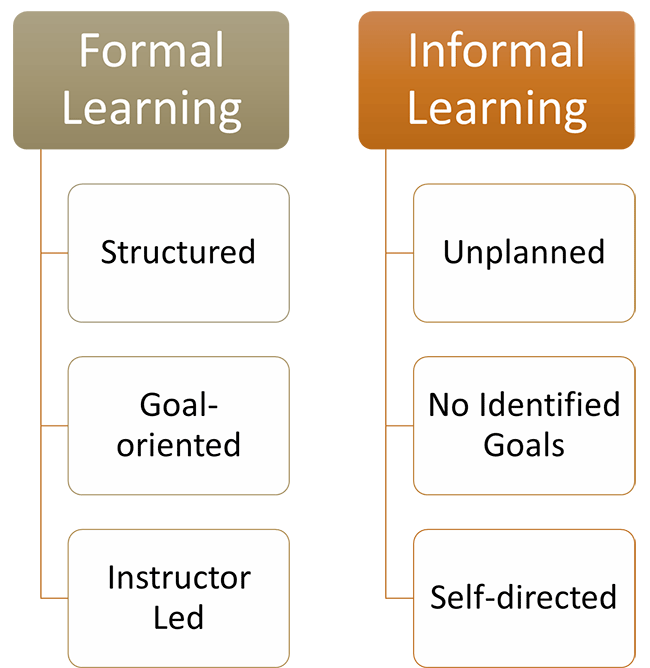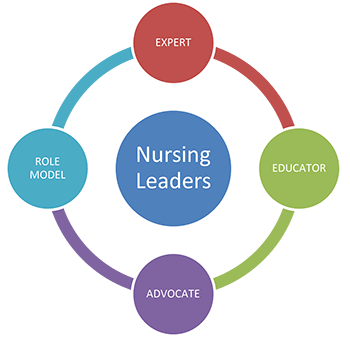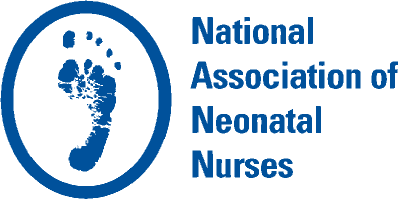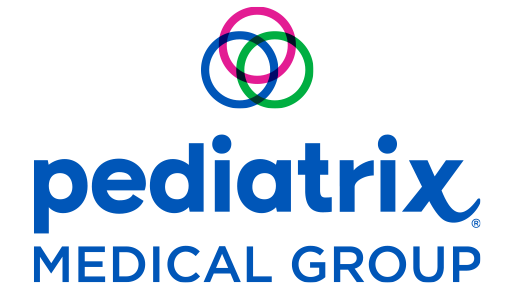Feature
A Call to Action: Learn, Lead, and Level Up
Tosha Harris, DNP APRN NNP-BC
NANN E-News Editor
What a year! The excitement of attending the first in-person conference in more than 2 years is still palpable. Being in the presence of many accomplished and encouraging neonatal professionals was a wonderful experience. The theme of this year’s conference was “Learn, Lead, and Level Up.” As we have all gone back to our respective places of practice, I hope that you have taken up the challenge, or at least made plans, to incorporate it into your clinical practice.
Learn
As clinicians and educators, we are responsible for participating in activities that keep our knowledge and skill competencies up-to-date and congruent to current practice that is reflective of recent evidence. As Pool et al. (2016) describe, continued professional development is “the process of ongoing education and development of healthcare professionals, from initial qualifying education and for the duration of professional life, in order to maintain competence to practice and increase professional proficiency and expertise.” Formal or informal learning should be based on your preferred learning style, interests and goals, and available learning resources.

Adapted from O’Neill, E. (n.d.). Formal and informal learning: What’s the difference? LearnUpon Blog. https://www.learnupon.com/blog/formal-and-informal-learning/
If you still need to do so, please take a moment to explore NANN’s new online learning platform, iLearn. You can find numerous professional development opportunities, such as conference recordings, continuing education modules, webinars, and other resources that accommodate all learning styles. And, if you were unable to attend this year’s conference, don’t fret; online registration will remain open for the virtual meeting until December 9, 2022.
Please remain an active learner to ensure your professional growth and avoid patient harm. Avoid viewing professional development as an activity solely required to maintain your licensure or certification. We are obligated to ourselves, our patients, and our families to make a conscious effort to be lifelong learners.
Lead
Regardless of your official role or title, you are a leader. You are an advocate for your patients and their families and other nurses, an expert in your field, a role model for your peers and colleagues, and an educator. Nurses are leaders capable of inciting change partly due to our ability to adapt to change and practice competently within our current tumultuous healthcare system. These attributes assist us in propelling our healthcare organizations toward improving patient outcomes, increasing staff competency levels, ensuring patient and employee safety, improving the quality of patient care, maintaining compliance with regulatory standards and practices, managing units and organizational budgets, and, subsequently, enriching societal health.

Adapted from Bosnall, L. (2017, February 10). All nurses are leaders. NursingCenter Blog. https://www.nursingcenter.com/ncblog/february-2017/all-nurses-are-leaders
The retirement of large numbers of the current nursing workforce has resulted in a shortage of nurses and nurse leaders. The future of nursing and nursing leadership lies within the generation of nurses who are presently entering and will enter the workforce in the foreseeable future.
Later generations, notably millennials, have been negatively stereotyped. However, they have many qualities that will allow them to elevate the nursing profession to heights never imagined by earlier generations. To accomplish this goal, they must be nurtured professionally. It is imperative that current nursing leaders, regardless of formal title or role, and organizations be willing and capable of preparing and supporting these new leaders. The future of nursing and of achieving high-quality patient outcomes in an ever-changing and tumultuous healthcare climate depends on these professionals’ success.
At this year’s conference, I was honored to moderate a panel discussion titled “Journey to Leadership for the Neonatal Nurse and APRN.” The panel consisted of former Emerging Leader Fellows (ELFs) who described their leadership journey as new and seasoned professional leaders.
What is the Emerging Leader Fellowship? The ELF program is a joint endeavor between NANN and Synova Associates, an industry leader in educating, empowering, and transforming nurse leaders. The program is a 5-month immersion into leadership designed to help participants discover, develop, and hone their leadership skills. As a former ELF, I recommend this program to any nurse or APRN interested in leadership development. My career and advancement in this organization have been significantly and positively affected by the completion of this program.
According to the Institute of Medicine’s report The Future of Nursing: Leading Change, Advancing Health (2010), effective mentoring strengthens the nursing workforce and improves the quality of care and patient outcomes. Saletnik (2018) states that mentoring relationships also:
- foster leadership skills that prepare nurses for roles that can directly influence the healthcare delivery system
- improve employee engagement, thereby increasing retention and decreasing employee turnover
- 3. help lessen health disparities by diversifying the workforce.
If you currently do not have a mentor, consider seeking one. Many experienced nurses and APRNs are eager to mentor newer nurses and nursing students, but you must ask. Still trying to figure out where to start? Try seeking local mentors within your home units, healthcare facilities, and local NANN chapters. The NANN Mentor Program is also an excellent resource for connecting mentors and mentees, locally and nationally, and is accessible through the MyNANN community forum.
Level Up
Are you ready to take the next steps in advancing your career? Or are you content with having a secure job and no interest in professional advancement? Each of us falls somewhere in between those two endpoints. If you’ve had your career path mapped out since high school, then you likely know where you are going and how to get there. For others, if where you are is where you feel you need to be, that’s OK too, but don’t let fear of the unknown keep you in a position that you have outgrown.
Obtaining a certification is one way that nurses use to advance their careers. Organizations such as the National Certification Corporation (NCC) (https://www.nccwebsite.org/) and the American Association of Critical Care Nurses (ACCN) (https://www.aacn.org/) offer neonatal-specific core and subspecialty certifications. Core certifications for nurses include the RNC-LRN, RNC-NIC, and CCRN. Subspecialty certifications include the C-NPT, C-ELBW, C-NINC, C-EFM, and C-ONQS. Advanced practice registered nurses (APRN) obtain the NNP-BC accreditation, and they can also receive the subspecialty certifications listed above. Please visit the certifying body’s website to learn more about its certification offerings.
Preparing and sitting for these certification tests takes time and money; they are also a financial investment, and you should make sure that you get a return on your investment. Therefore, you will want to ensure that you maintain your certification by completing the appropriate requirements for recertification. Those requirements are also posted on the certifying body’s website.
What are the benefits of obtaining a certification? According to Boyle (2017), current certification research studies have found positive links between higher rates of nursing specialty certification and lower rates of total patient falls, pressure injuries, selected hospital-acquired infections, failure to rescue, and death. Quality patient care and improved outcomes are always a win! Dunn (2019) categorized certification’s benefits as either intrinsic or extrinsic. With intrinsic benefits, the rewards are internal (enhanced sense of personal accomplishment, improved levels of competence, knowledge validation). With extrinsic benefits, the reward is more tangible (pay incentives, increased patient confidence in nursing care, expansion of professional responsibilities). Whatever the motivation, professional certification is one way to demonstrate nursing excellence. It shows a commitment to professional development and lifelong learning and to providing quality evidence and population-based patient care (Dunn, 2019).
In keeping true to the theme of “Learn, Lead, and Level Up,” please stay inquisitive and make learning a lifelong professional goal. Refrain from allowing your leadership potential and abilities to be stifled by a title. And, if career advancement is one of your personal goals, you owe it to yourself to see it to fruition.
References
Bosnall, L. (2017, February 10). All nurses are leaders. NursingCenter Blog. https://www.nursingcenter.com/ncblog/february-2017/all-nurses-are-leaders
Boyle, D. K. (2017). Nursing specialty certification and patient outcomes: What we know in acute care hospitals and future directions. Journal of the Association for Vascular Access, 22(3), 137–142. https://doi.org/10.1016/j.java.2017.06.002
Dunn, D. (2019). The meaning and value of certification. AORN Journal, 110(3), 232–236. https://doi.org/10.1002/aorn.12796
Institute of Medicine (US) Committee on the Robert Wood Johnson Foundation Initiative on the Future of Nursing, at the Institute of Medicine. (2011). The future of nursing: Leading change, advancing health. National Academies Press.
O’Neill, E. (n.d.). Formal and informal learning: What’s the difference? LearnUpon Blog. https://www.learnupon.com/blog/formal-and-informal-learning/
Pool, I. A., Poell, R. F., Berings, M. G., & ten Cate, O. (2016). Motives and activities for continuing professional development: An exploration of their relationships by integrating literature and interview data. Nurse Education Today, 38, 22–28. https://doi.org/10.1016/j.nedt.2016.01.004
Saletnik, L. (2018). The importance of mentoring. AORN Journal, 108(4), 354–356.


